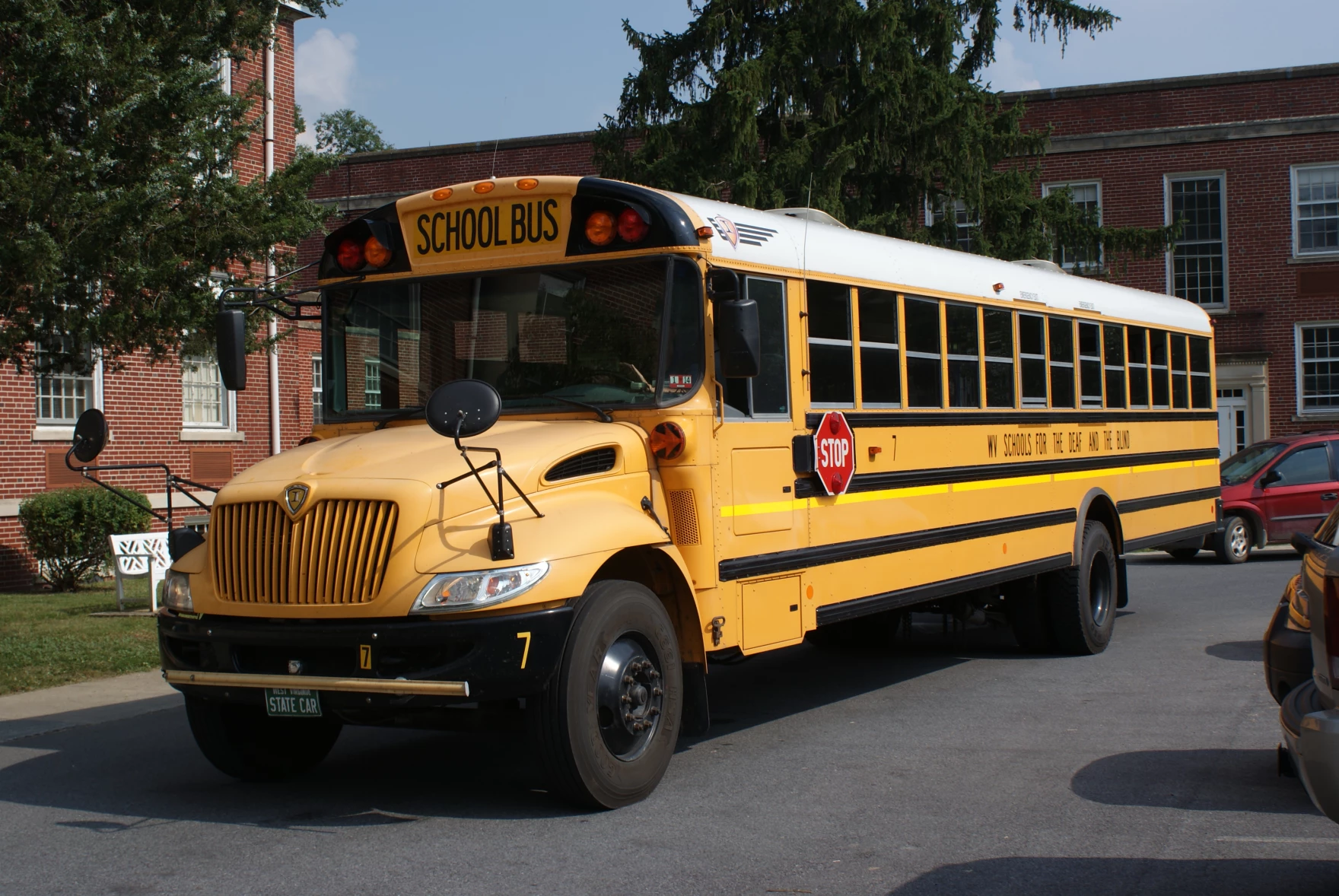Noting a statewide shortage of school bus drivers, on day 60 of the 2023 Legislative Session, the House of Delegates passed House Bill 2346 to ease the pressure.
The bill allows retired bus operators to work as substitutes in areas of critical need and maintain their pensions and other retirement benefits, provided they continue to qualify as licensed school bus operators
However, anyone who retires and begins work as a substitute bus operator within the same fiscal year in which that person retired shall lose their retirement benefits attributed to the annuity reserve.
The retired bus operators hired as substitutes are considered day-to-day, temporary, part-time employees and not eligible for additional pension or other benefits.
The bill heads to the governor for his signature. All provisions of the bill will expire on June 30, 2028.
Trail Network
House Bill 3147 creates the Upper Ohio Valley Trail Network Recreation Authority.
The bill notes the opportunity to provide trail-oriented recreation facilities primarily on private property in the Potomac Highlands and north central West Virginia. Anticipated potential for the trail network includes increased tourism similar to whitewater rafting, snow skiing, and ATV trail riding.
The bill creates a contiguous trail system that connects to the Elk River Trail, the Chesapeake and Ohio Canal TowPath and any other trails in adjacent neighboring states that can be feasibly connected.
The measure provides for a governing body. expenses and protection for private landowners.
This bill also goes to the governor for signature
